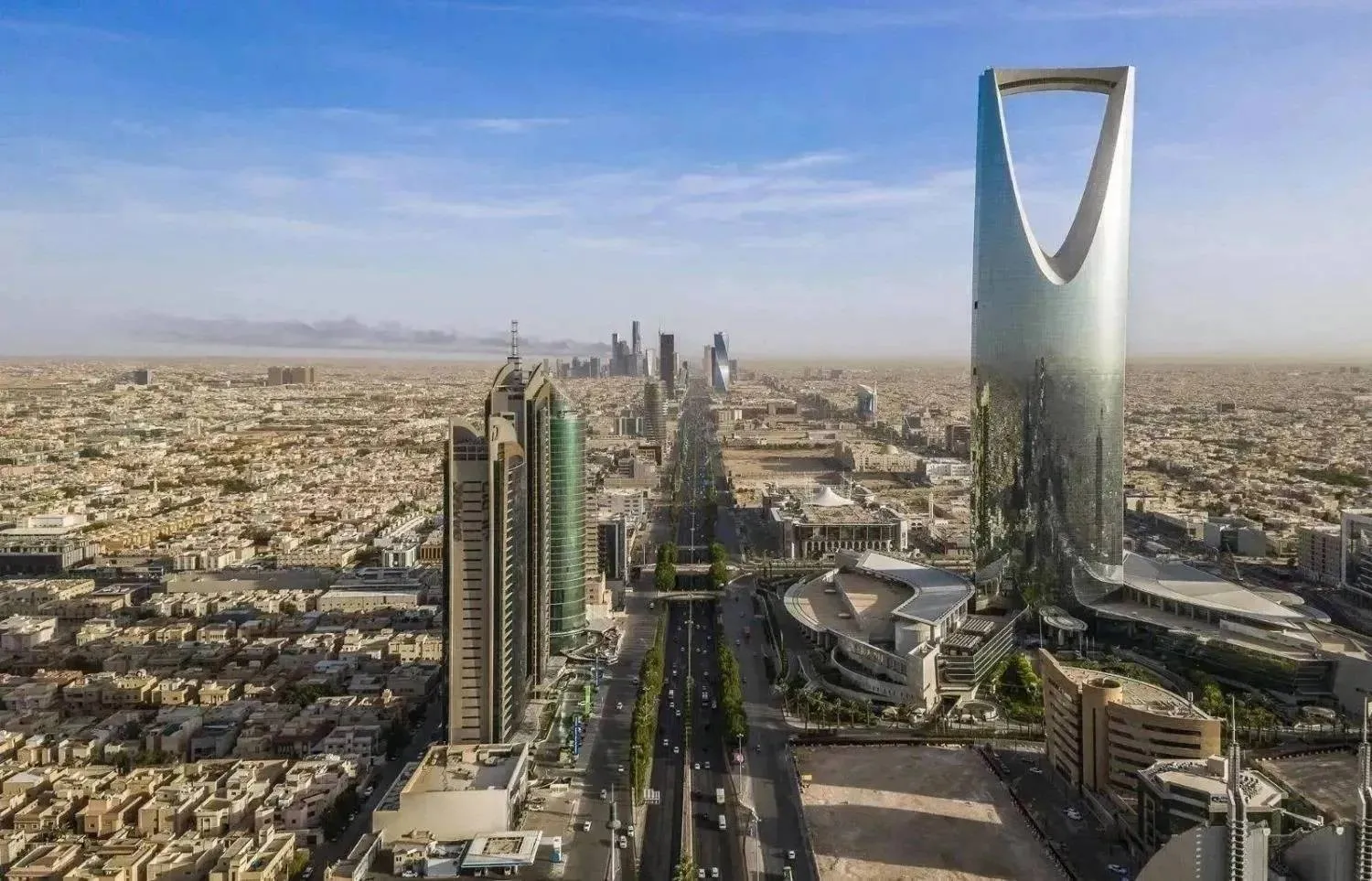Aramco, one of the world’s leading integrated energy and chemical companies, Nanshan Group Co., Ltd., Shandong Energy Group Co., Ltd., and Shandong Yulong Petrochemical Co., Ltd. signed on Wednesday a Memorandum of Understanding (MoU) to facilitate discussions relating to the possible acquisition by Aramco of a 10% strategic equity interest in Shandong Yulong Petrochemical Co., Ltd. (Shandong Yulong), subject to due diligence, negotiation of transaction documents and required regulatory clearance.
Shandong Yulong is currently in the process of completing the construction of a refining and petrochemicals complex that is designed to process around 400,000 barrels per day (bpd) of crude oil and produce a large volume of petrochemicals and derivatives. The facilities are located at Longkou, Yantai City, in China’s Shandong Province.
As outlined in the MoU, Aramco would potentially supply Shandong Yulong with crude oil and other feedstock.
Aramco Downstream President Mohammed Al Qahtani said: “As one of China’s largest refining and chemical centers, Aramco values Shandong for its current strength and future prospects. We believe this collaboration has potential to enable all parties to contribute to China’s energy security and development, and aid in navigating the energy transition.”
“With Aramco’s long track record as a reliable supplier of energy to China, and the expertise and commitment of Shandong Province, we envision a prosperous future together,” he added.
The MoU follows last month’s announcement that Aramco had signed a cooperation framework agreement with Jiangsu Eastern Shenghong Co., Ltd., (“Eastern Shenghong”) to also facilitate discussions relating to the possible acquisition by Aramco of a 10% strategic equity interest in Jiangsu Shenghong Petrochemical Industry Group Co., Ltd., a wholly-owned subsidiary of Eastern Shenghong, subject to due diligence, negotiation of transaction documents and required regulatory clearance.









